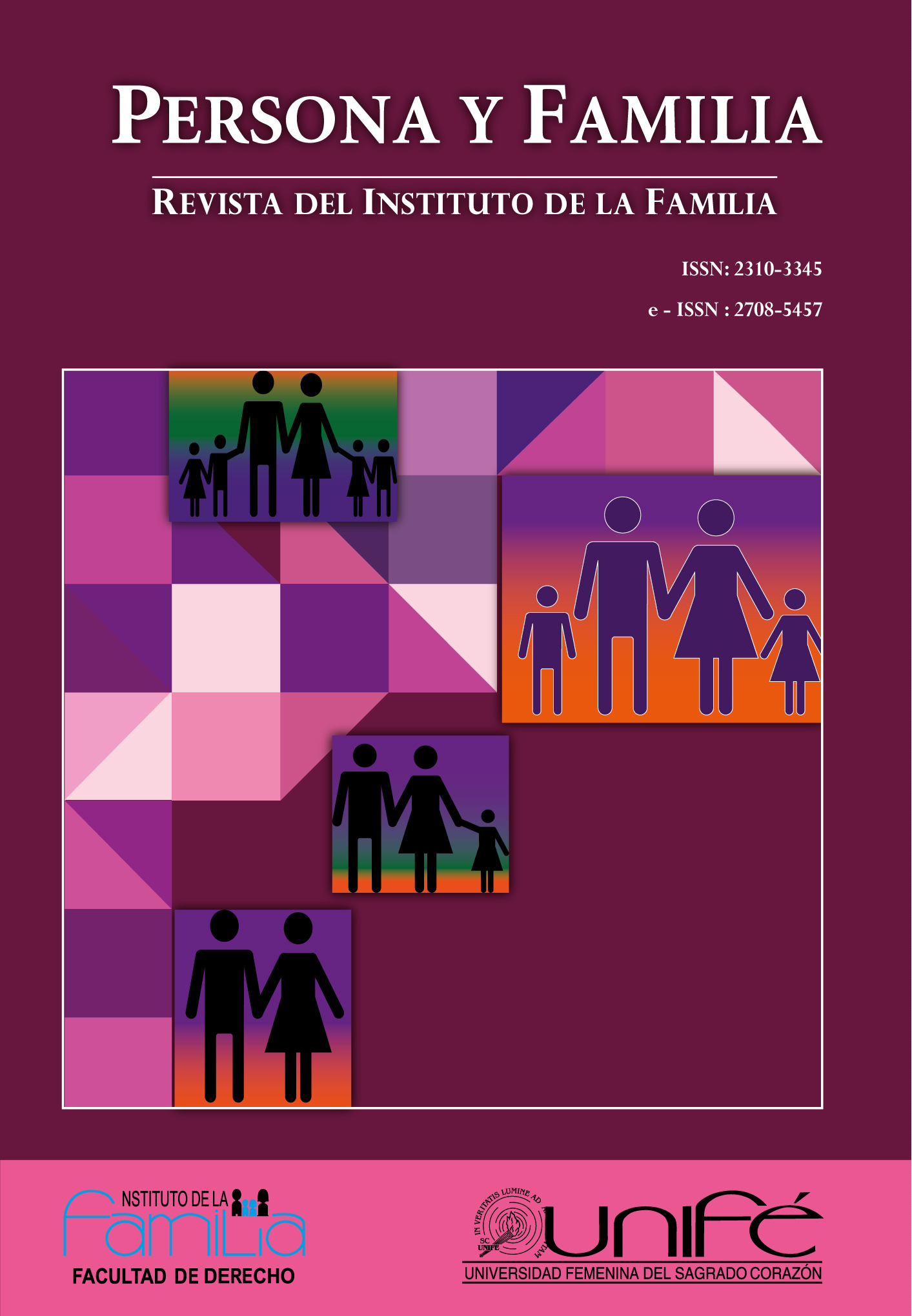Current challenges: feminization of care and intergenerational ties
DOI:
https://doi.org/10.33539/peryfa.2022.n11v1.2567Keywords:
Demographic changes, intergenerationality, family, grandparents, grandchildrenAbstract
Since the last century, a number of unprecedented demographic changes in human history have become evident. Likewise, the increase in life expectancy at birth along with extended active working life, a higher proportion of women in this age group, and a decrease in the number of children as evidenced in the low total fertility rate translate into changes that will inevitably bring about consequences to both humans and social structures. On the basis of a broad scientific analysis, it could be said that extended, multi-generational families are still a source of solidarity. Indeed, the presence of grandparents provides certain stability as they contribute to family cohesion through their different and relevant contributions, support and care. Also, due to the gender gap in life expectancy , they will be even more challenging spaces for women.
Downloads
Downloads
Published
How to Cite
Issue
Section
License
Copyright (c) 2022 María Dolores Dimier de Vicente1

This work is licensed under a Creative Commons Attribution 4.0 International License.










